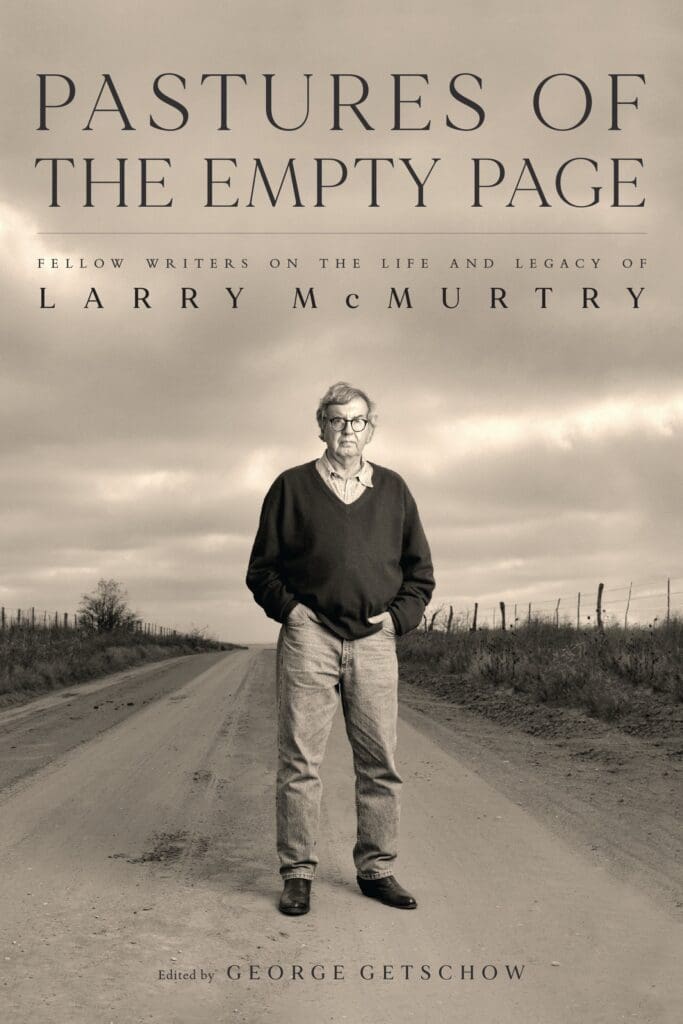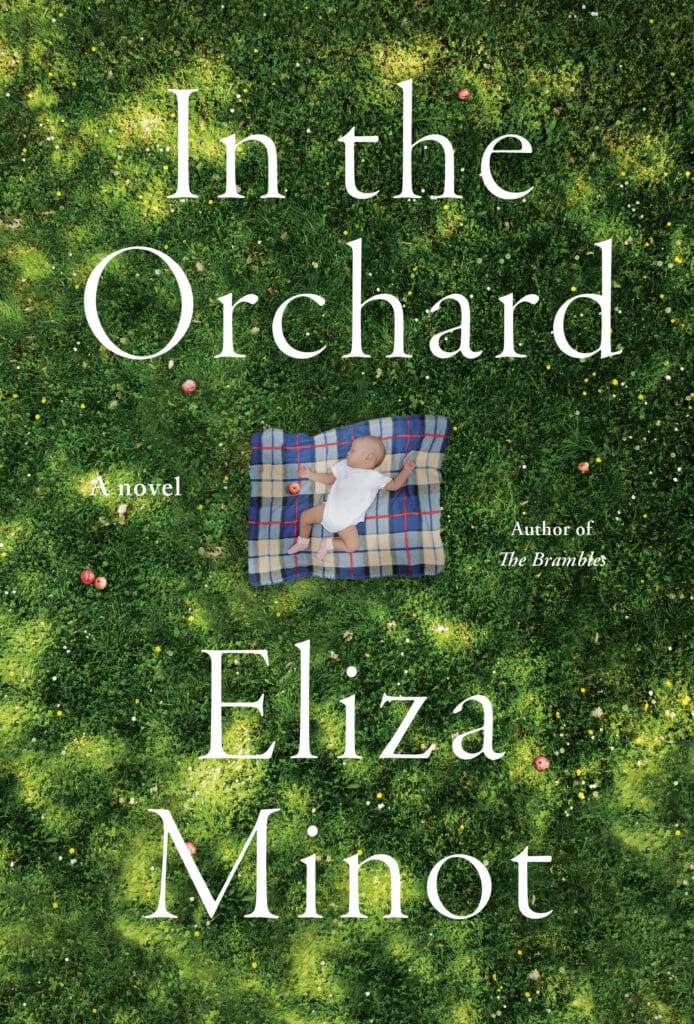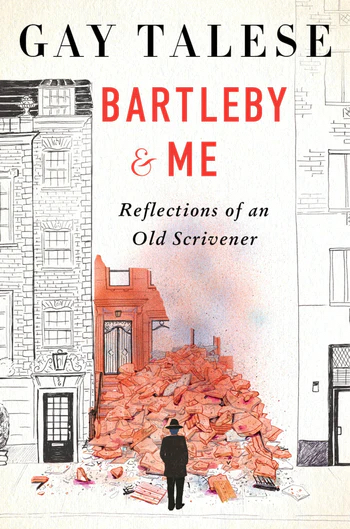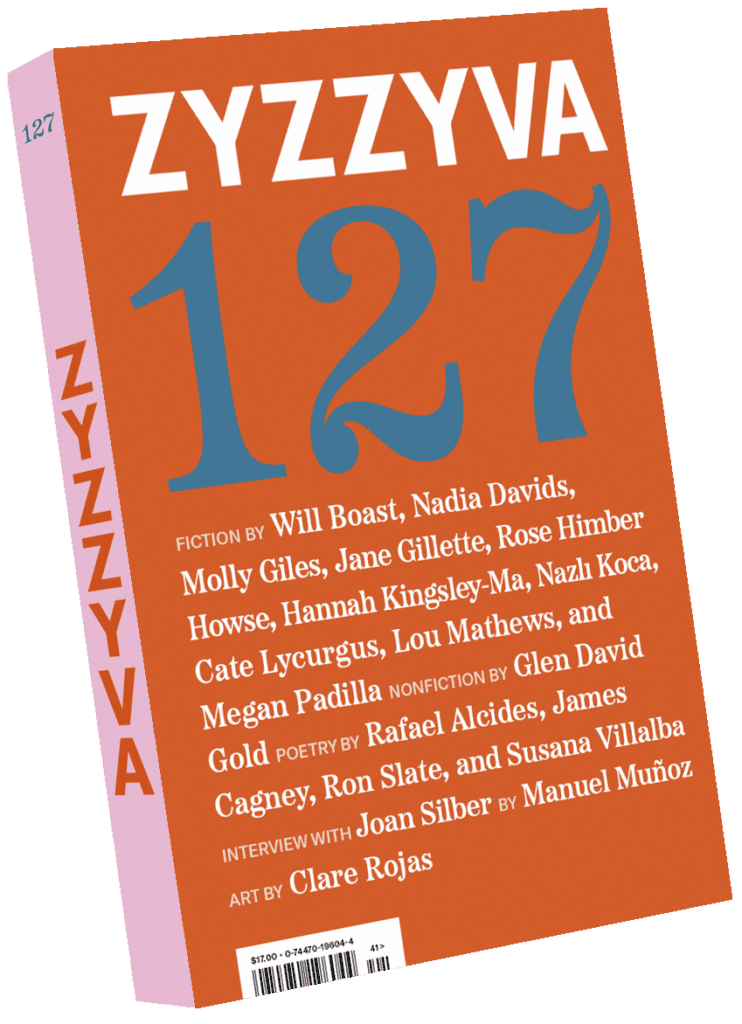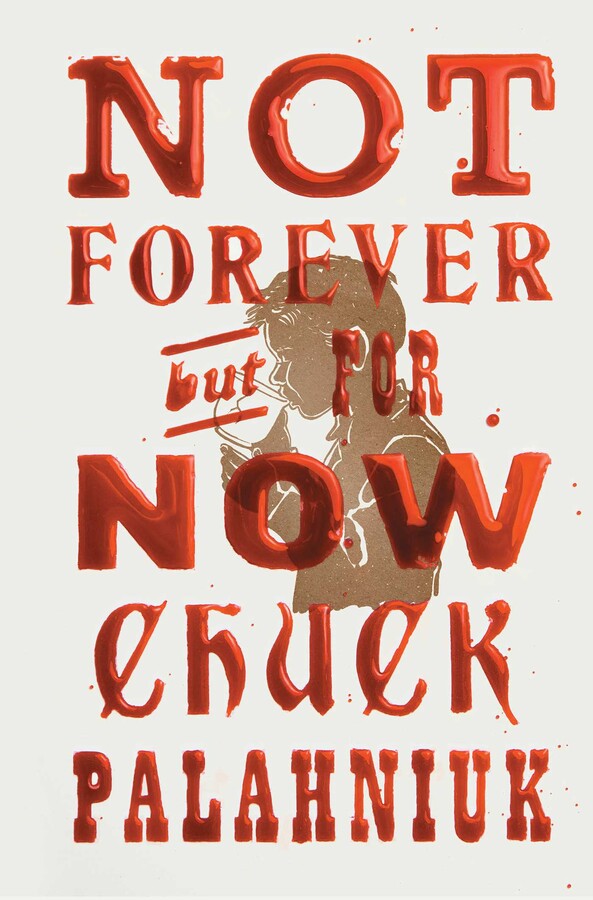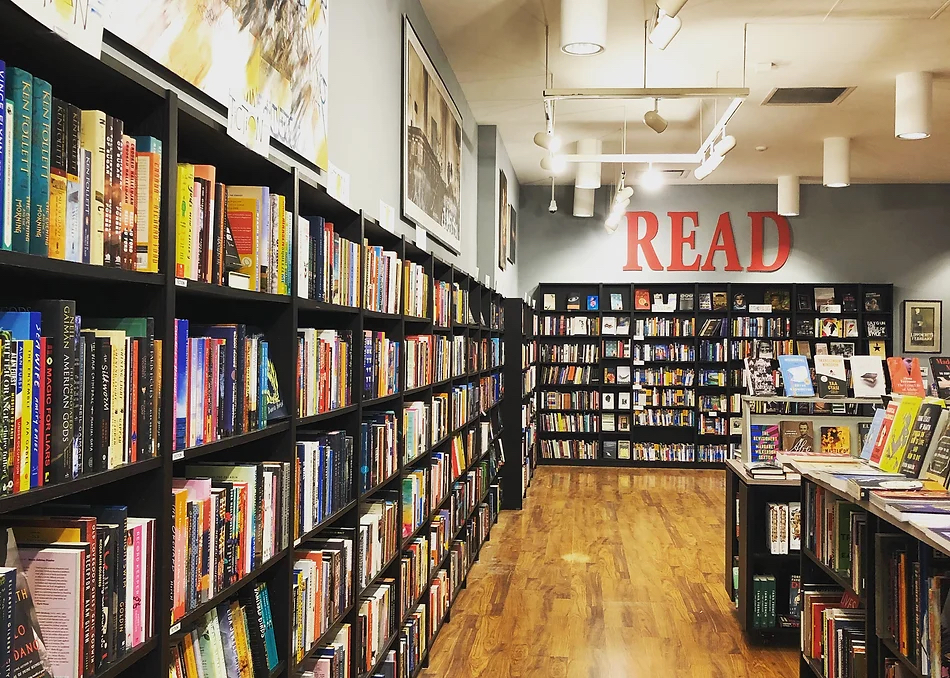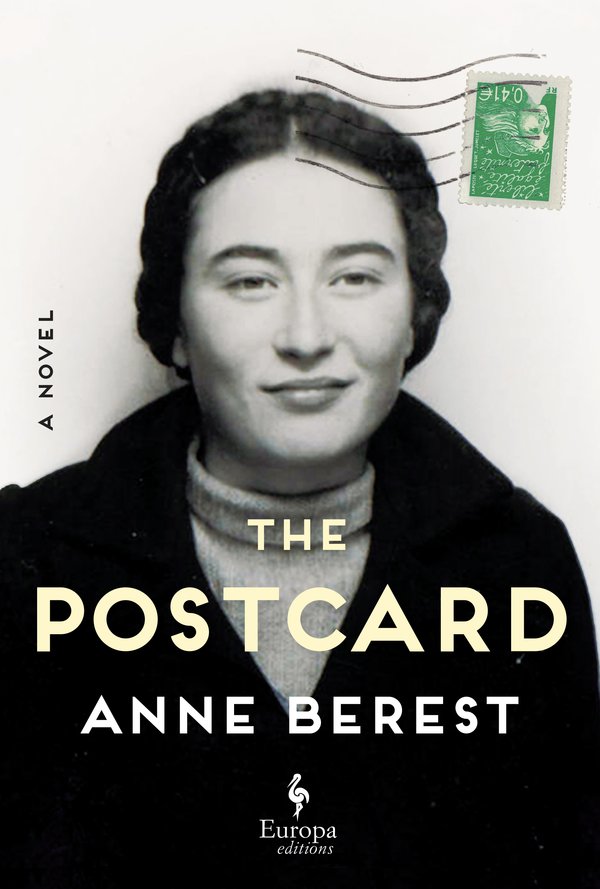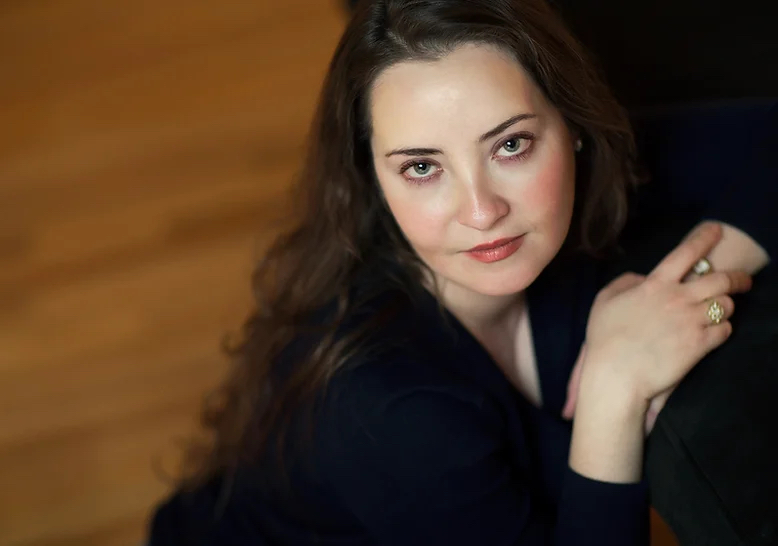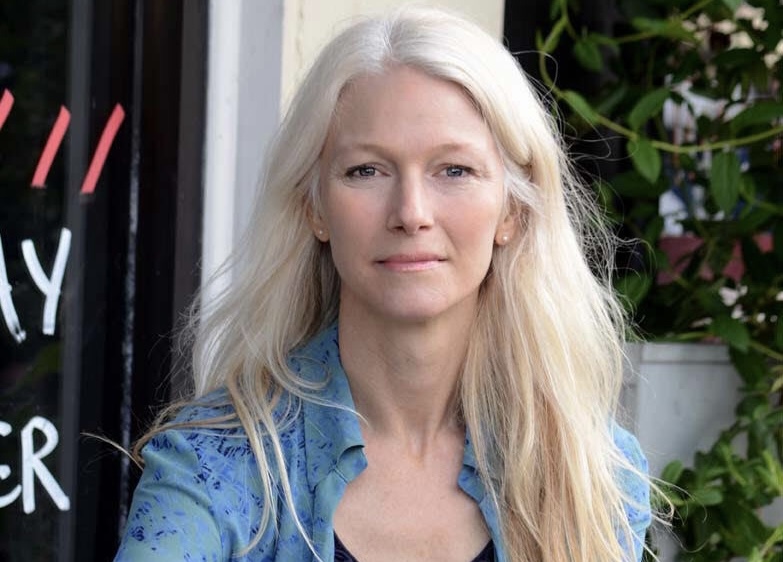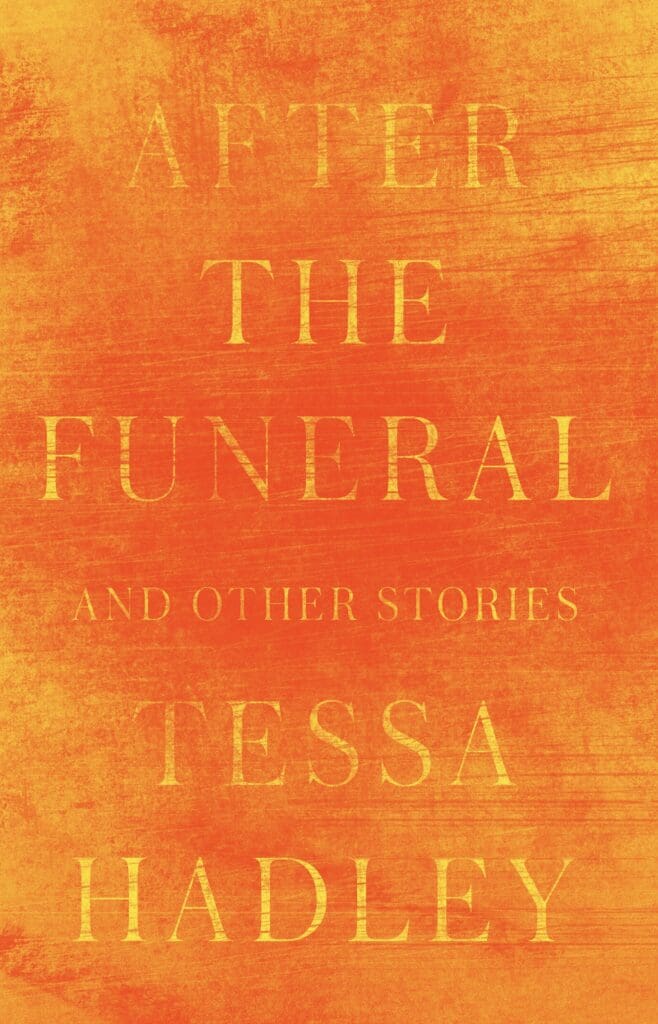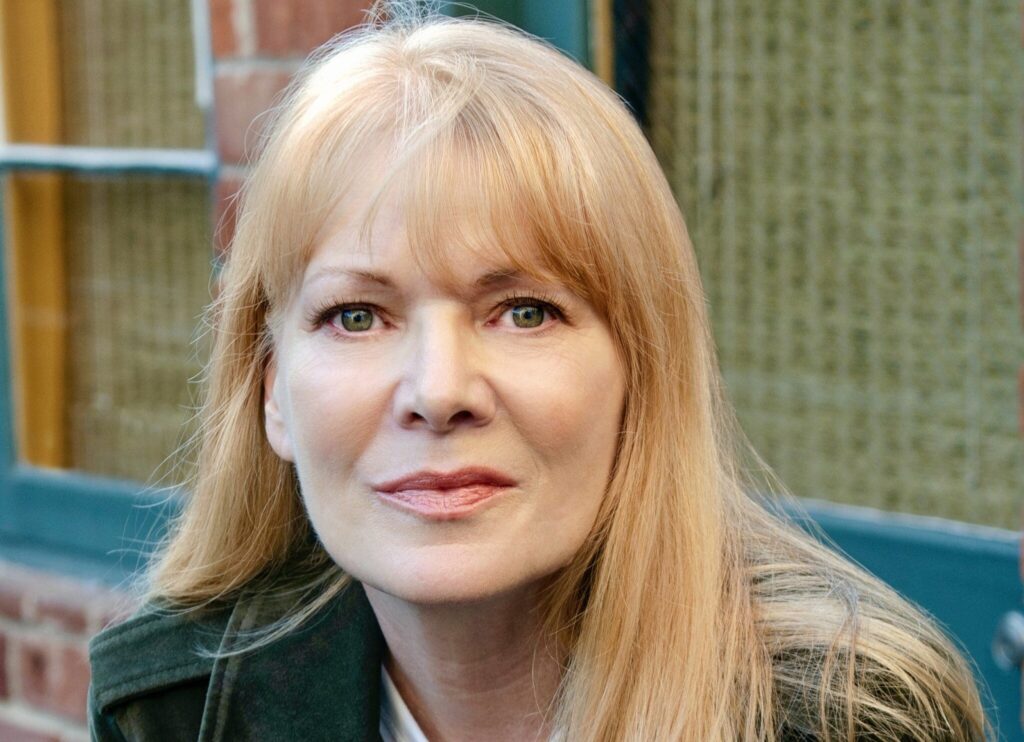“Literature, as I saw it then, was a vast open range, my equivalent of a cowboy’s dream.’’ So wrote Larry McMurtry about how life at his father’s Idiot Ridge cattle ranch changed forever when a World War II-bound cousin dropped off a farewell gift of a box of books. Riding that range for decades since, McMurtry has been condescended to, by the usual contingent of Eastern critics, and overpraised, for his Pulitzer Prize-winning epic, Lonesome Dove, which he self-mockingly described as the “Gone With the Wind of the West.’’ But the bulk of his work, including the Thalia trilogy (Horseman, […]
High Plains Drifter: ‘Pastures of the Empty Page’
by Paul Wilner
